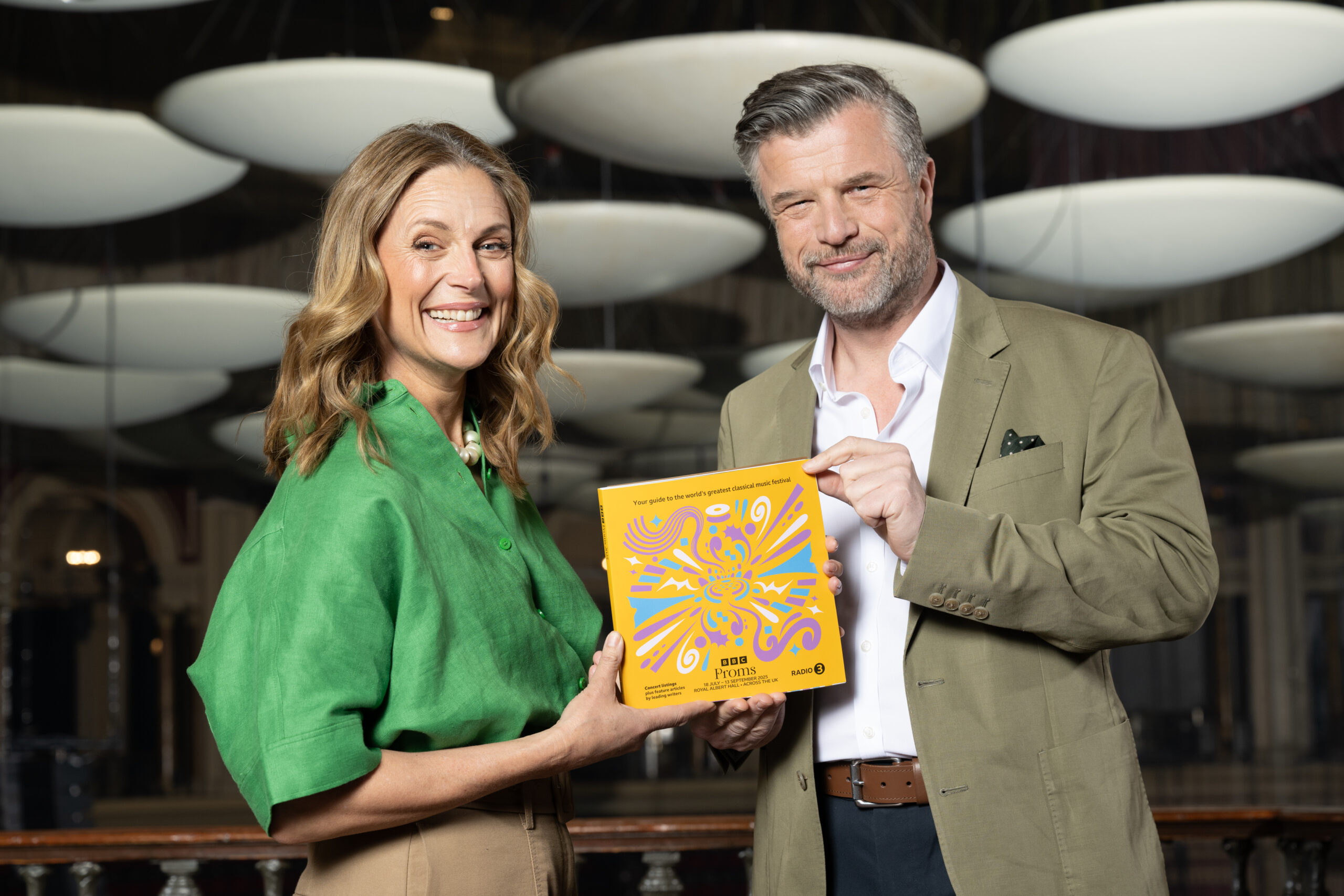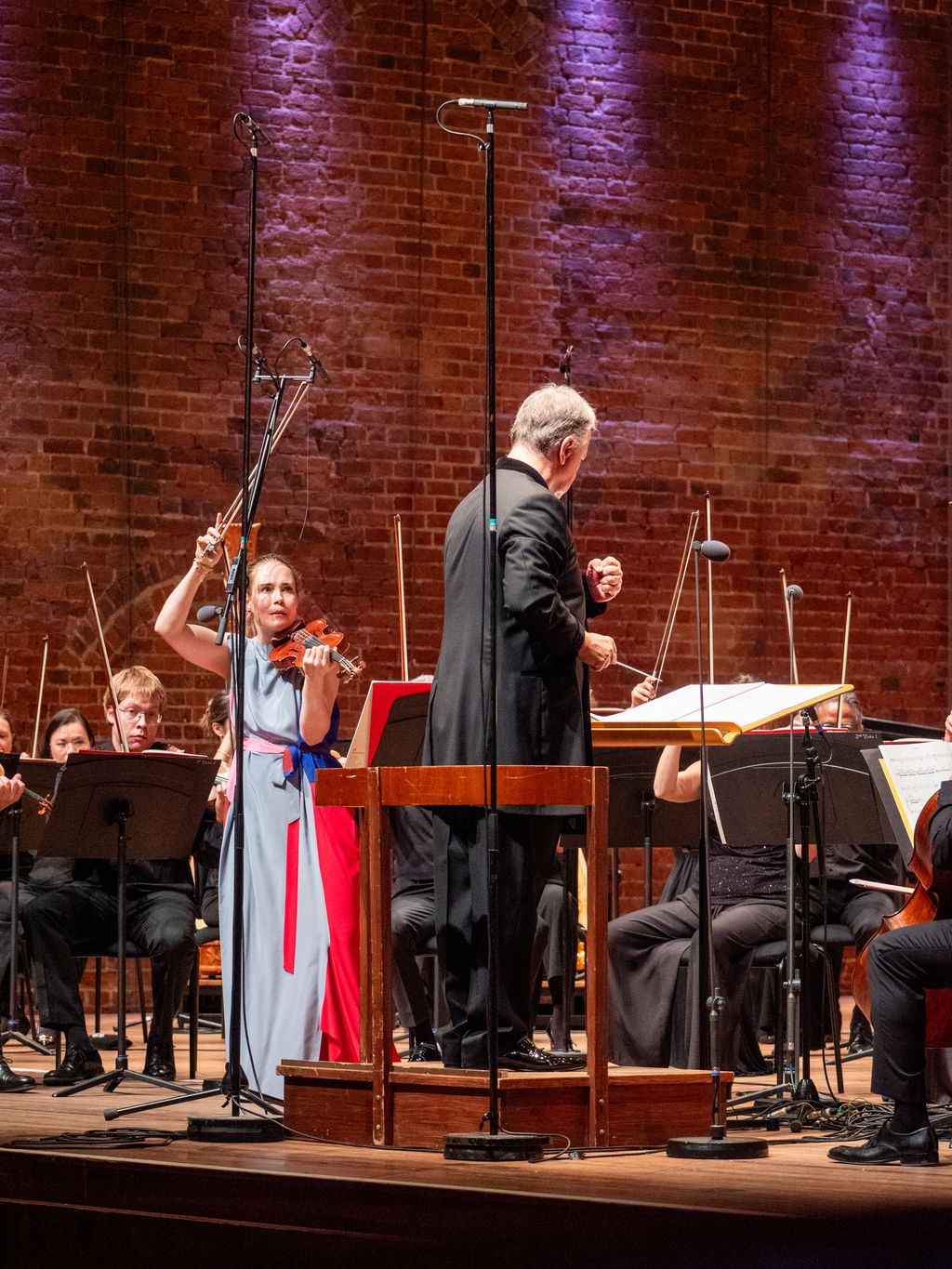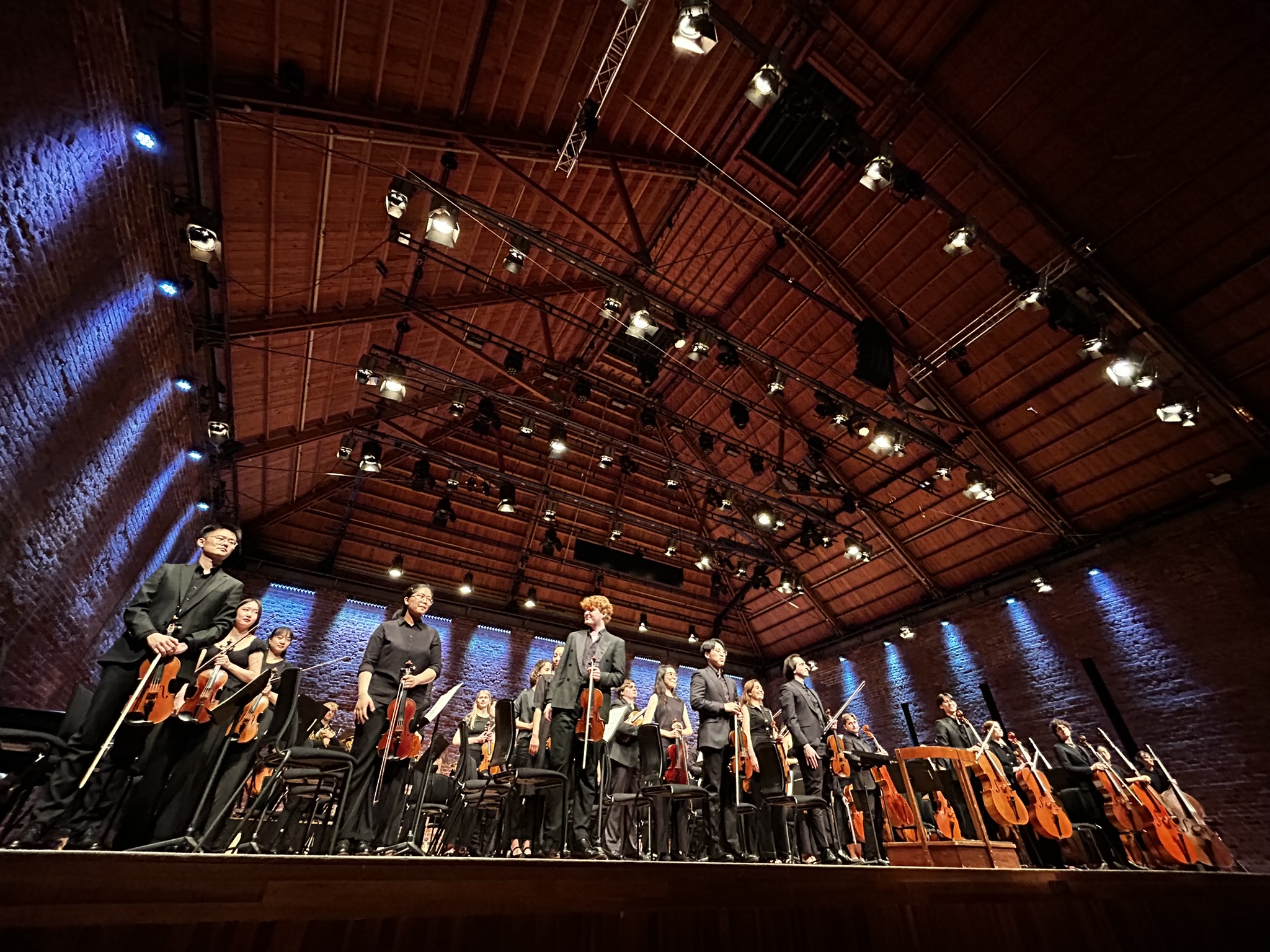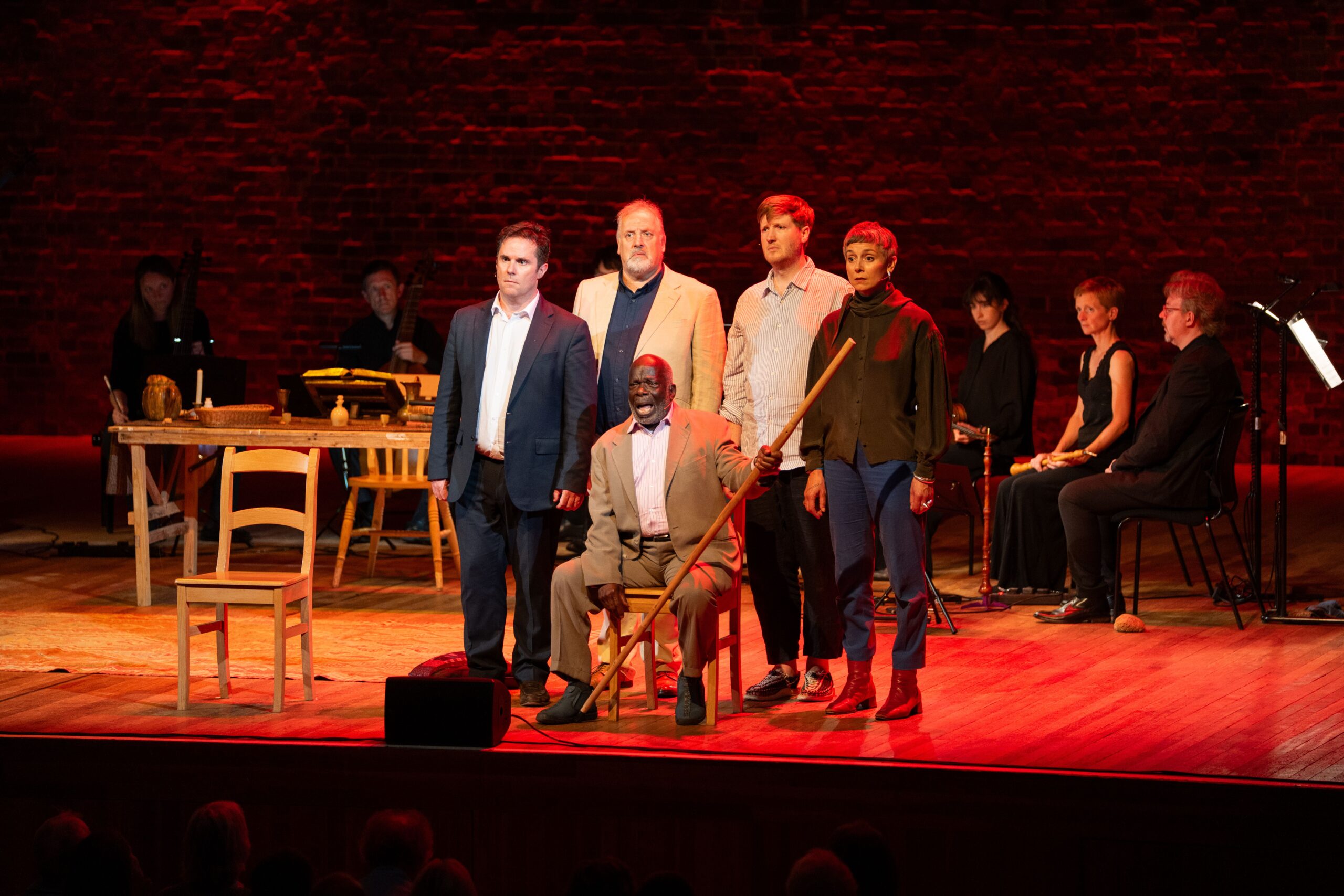A grounded season returns to the core proposition, making the music speak for itself
Details about the BBC Proms 2025 season have been released overnight, the 86 concert listings reassuring with a confident summer-long programme rooted in core classical repertoire.
Gone are most of the visibly strategic crossovers that have tested the legitimacy of the ‘world’s greatest classical music festival’ tagline, replaced by more artistically grounded programmes that hint at a Proms season more comfortable in its identity.
The opening week alone sends a clear message of strategic if not artistic intent: Vaughan Williams’ Sancta Civitas, and an Errollyn Wallen premiere on the First Night, Mahler’s 7th Symphony, plus a Boulez/Berio Late Night Prom. Music by Bach and Vivaldi, Beethoven’s 5th, Walton’s Symphony No. 1, Ravel’s La Valse, and Mendelssohn’s Violin Concerto. Core repertoire that makes reaching for the Book Now button a barrier-free step.
Looking beyond, there are 19 premieres across the season with works from Tom Coult, Mark Simpson, Anna Thorvaldsdottir, Rachel Portman, and Errollyn Wallen. Rare choral works feature, including Striggio’s Mass in 40 Parts as well as the opening night Vaughan Williams. English National Opera perform Shostakovich’s Lady Macbeth of Mtsensk District, plus the LSO appear with Pappano in a performance of Puccini’s Suor Angelica. Iván Fischer and the Budapest Festival Orchestra perform Bartók’s Duke Bluebeard’s Castle. Additionally, there’s a celebration of Arvo Pärt at 90, with Tõnu Kaljuste and the Estonian Philharmonic Chamber Choir performing music from his ‘Holy Minimalism’ style.
It’s tempting to credit BBC Radio 3 (and now Proms) Controller Sam Jackson wholly with what appears as an artistic act of consolidation — maybe even appeasement — rather than reinvention or innovation. In contrast with the Radio 3 schedule changes, for example, there’s a sense on a first browse through the listings that this is a return to a memory of the Proms those long in the tooth and prone to barbed comment crave. Whilst Jackson probably doesn’t make all of the programming decisions himself, the shift in look and feel and the sense that the entire season joins up as a unified and credible thing is appealing. In the Proms, Jackson can make a more positive mark without having to field the criticisms or challenges of the vocal laggards resistant to schedule changes. There can’t not be a strategy (this kind of unified, credible statement doesn’t happen by accident, after all), so the strategy appears to be: don’t scare the horses, and save the change for later. This assuming that the change isn’t simply reverting to the core offer.
There’s a strong European presence provided by visiting international orchestras: Vienna, a double bill of Royal Concertgebouw with Klaus Mäkelä, Leipzig Gewandhaus, and Orchestre National de France. A much-anticipated debut from the Melbourne Symphony features, though there seems to be a notable absence of ensembles from the US. The Berlin Philharmonic also don’t appear, though history documents that theirs is a biennial appearance notwithstanding the COVID hiatus.

It’s difficult not to see, given the Licence Fee is stretched already, how a season of this scale could be maintained without shedding some of the more costly elements. It’s possible too that audiences the Proms pursues are unlikely to be as concerned about who is playing as they are about what music they’ve booked to hear. Ronseal concert titles keep close to recognisable composer names to ensure attention and increase the chances of ticket purchases. The flipside is greater attention given to UK orchestras, raising their profile (amongst those who notice such detail). Good to see Bournemouth Symphony Orchestra in the opening weekend, Aurora’s Shostakovich 5 from memory is a real highlight, plus appearances from Royal Northern Sinfonia, Scottish Chamber Orchestra, and the Ulster Orchestra.
Notable eye-catching events include an ‘all-night’ Prom from organist and now Classic FM presenter Anna Lapwood, who appears with cellist Anastasia Kobekina, pianist Hayato Sumino and Norwegian ensemble Barokksolistene for this all-night Prom, surely an event destined for Radio 3 Unwind. The Traitors Prom may well feel a little opportunistic and reek of BBC cross-promotion of the kind plenty of radio listeners are already used to on-air. But given this concert with its mix of incidental music, loosely themed treacherous classics and soundtrack cross is by and large the only example in this year’s season, its inclusion seems understandable – not least as the new celebrity line-up for the Autumn run of the series is being talked about this week.
At a first glance, the Proms’ inclusivity feels intrinsic, reflected in thoughtful programming choices that reassure and in some places challenge — a difficult line held successfully years ago but less so recently. It feels as though its unified look and feel reflects a season that knows what it is and is confident about it too. In doing so, it might just have quietly repositioned itself as a place of artistic steadiness. That might be the boldest move of all. We’ll only know for sure when next year’s season is launched.



